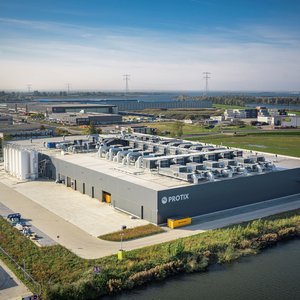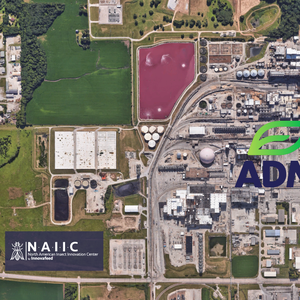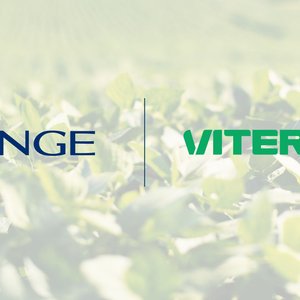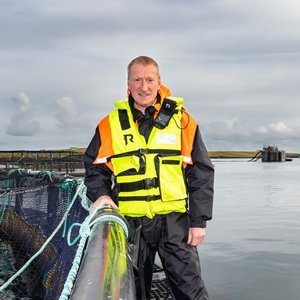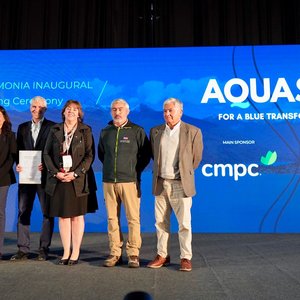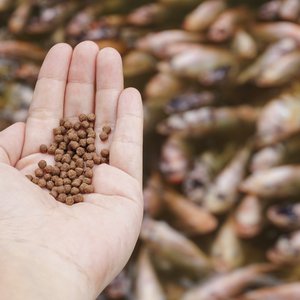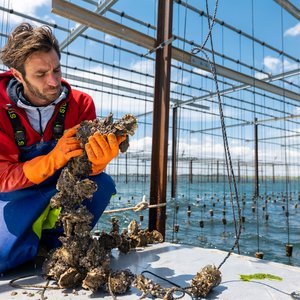It is a great pleasure for me to open the FEAP conference of 2014. This conference comes at a time of new opportunities.
The Juncker Commission took office one month ago. Commissioner Vella has responsibility both for maritime affairs and for the environment. He has an explicit mandate to promote blue growth and green growth – to deliver more sustainable jobs in Europe.
This new set-up clarifies even further that sustainable aquaculture and protection of the environment are two sides of the same coin. Aquaculture in Europe is already worth 3.5 billion Euro, with 85000 jobs – and it has substantial growth opportunities if we get the investment and marketing climate right.
I know that EU producers have pride and confidence in their produce. You know more than anyone that fish farming requires clean water and that the environment can benefit from sustainable aquaculture management.
In April last year we published the EU Strategic guidelines which identified the main barriers to growth in the sector. The Member States are taking up this challenge and we will continue to support them in their efforts.
Member States have started to produce their detailed national strategic plans for the sector. And we are encouraged by the first of what we see. The priorities outlined show that there is confidence and optimism for expansion in the sector over the next 10 years, and that Member States are ready to take the necessary steps to make this possible. We are seeing good examples with these new initiatives: including setting targets for cutting the license waiting time and adopting a single aquaculture Law to simplify licensing procedures, and to establish a one-stop-shop for licencing.
Maritime Spatial Planning is also high on the agenda for many Member States in their strategic plans. The new Directive, which came into force in September requires better transparency and predictability for planning. By removing uncertainty about access to suitable space for marine aquaculture, the sector will have much greater potential to attract investment.
Aquaculture that respects and contributes to the environment is also the theme of a set of guidelines on aquaculture and the Marine Strategy Framework and Water Framework Directives that we are aiming to get out as soon as we can in 2015. The guidelines will support national authorities in the smooth application of EU legislation, and ensure that its objectives are achieved with as little administrative overhead and as little cost as possible.
As well as breaking down the administrative obstacles to investment and growth, it’s important to inform the consumer of the benefits of choosing fish Farmed in the EU.
New rules on clearer product labelling come into force in two weeks\' time. The mandatory information which must, and voluntary information which can be given on the label will help to better inform the consumer. Locally farmed, high quality fish will be easier to identify against competing products.
In 2015 we will expand the Farmed in the EU communication campaign into schools in 20 Member States. Through education and first-hand contact with producers we aim to stimulate interest and better inform young consumers on the role of aquaculture as a sustainable, healthy food source.
2015 will also see us working closely with DG Environment, and some producers in this room to model the environmental footprint of various fish products. This will further help to highlight the excellent choice for the environment of choosing locally farmed fish.
Let me say a few words on the EU funding support and how that is evolving. In the research programmes under Horizon2020, we are increasing the emphasis on research into practical solutions for on-farm problems such as parasitic diseases, focusing on both finfish and molluscs. Over 40 million euro will be allocated to aquaculture research between 2014 and 2015.
We also need to ensure good follow up of projects underway in FP7, like for example the ARRINA project. Its main objective is to develop alternative aquaculture feeds for species farmed in the EU that maintain the nutritional properties of fish. The project runs until 2016.
FAO studies show that fishmeal inclusion in farmed fish diet has already decreased substantially over the last decade, and suggest that we can expect a further reduction in the coming decade (thanks to research projects such as ARRINA). Different figures are quoted, but it is largely accepted that at present it takes roughly 1.4Kg of wild feed fish to produce 1Kg of farmed salmon, down from 3Kg of feed fish for 1Kg of salmon in 2000. It is also important to remember that fish convert feed to edible weight more efficiently than any other animal. These figures are well below the ratios of animal derived feed to edible weight gain for the farming of chicken, pork, or beef.
And more funding will also be available from 2015 under the new European Maritime and Fisheries Fund to support aquaculture. We\'re looking at the draft operational programmes from the Member States now to make sure that what is proposed on the spending side at national level is fully aligned to helping to deliver sustainable growth from the sector. And again, so far we’re encouraged by what we’re seeing.
The EU will continue to do all it can in putting the framework in place to provide the business conditions and the support that encourage producers to grow.
I call on you to continue to produce with confidence, and with pride more excellent quality, environmentally friendly, fresh fish farmed in the EU.
We need the fish. We need the jobs.


